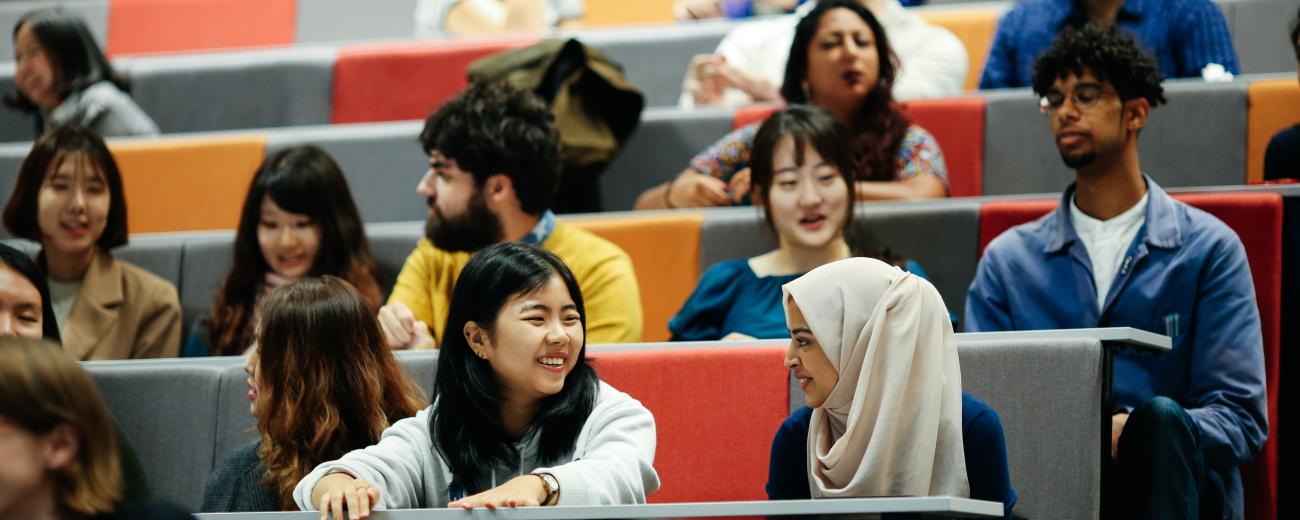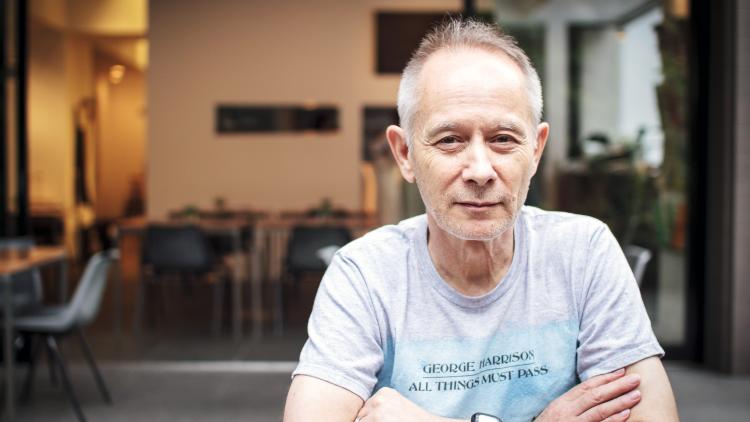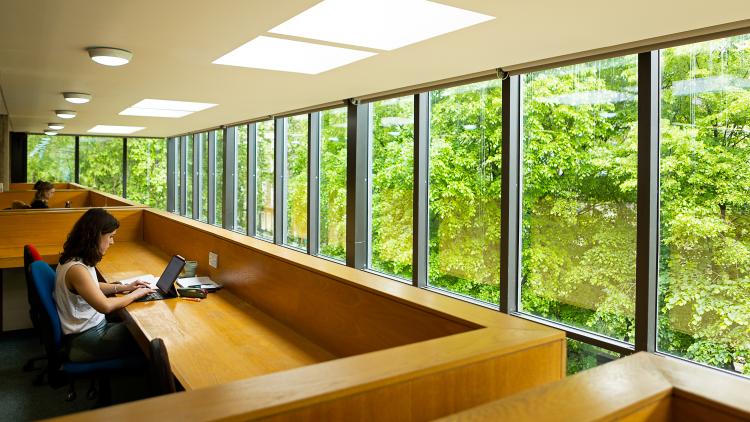Department of Linguistics


About
Our department is focused on linguistic study in an unparalleled range of languages, many of which we are documenting for the first time. They include languages of Africa, the Near and Middle East, South Asia, South East Asia, Central Asia, Australia, the Pacific, and Siberia.
Our research interests cover a wide range of theoretical and applied aspects of linguistics, including syntax, phonology, semantics, sociolinguistics, historical linguistics, linguistic typology, multilingualism, lexicography, language pedagogy and translation studies.
Our research
Our research strengths include:
- The variety of studied languages and regional expertise
- Wide-spread of complementary thematic expertise among staff, leading to the potential if original research synergies
- Expertise in endangered languages and language documentation and description
- In-depth study of the structure of African, Asian and Middle Eastern languages and the contexts in which they are used
- Long and distinguished tradition in leading linguistic research
- Easy access to excellent specialist library holdings.





